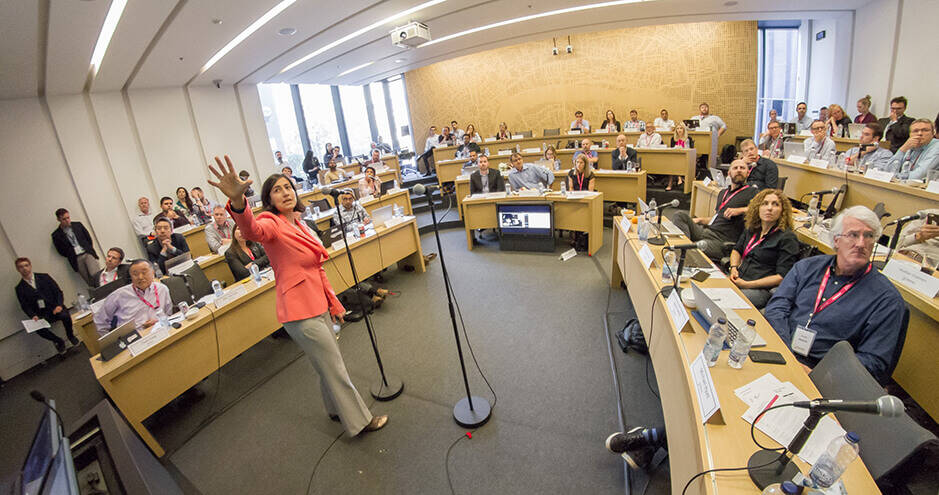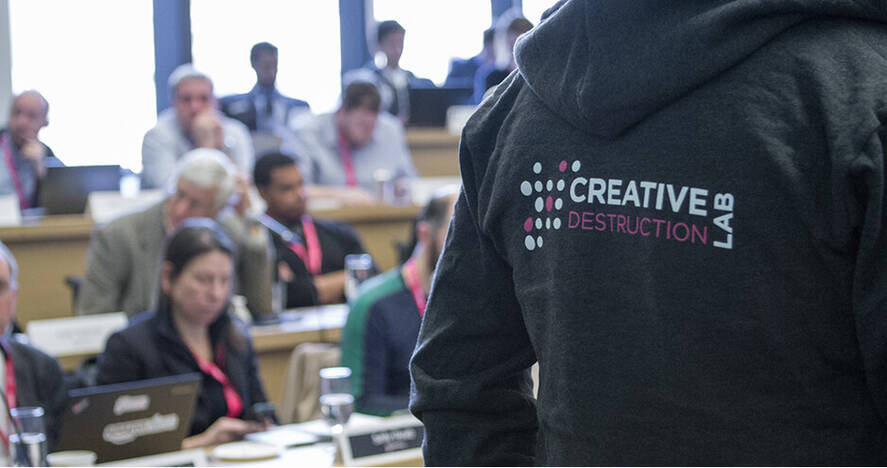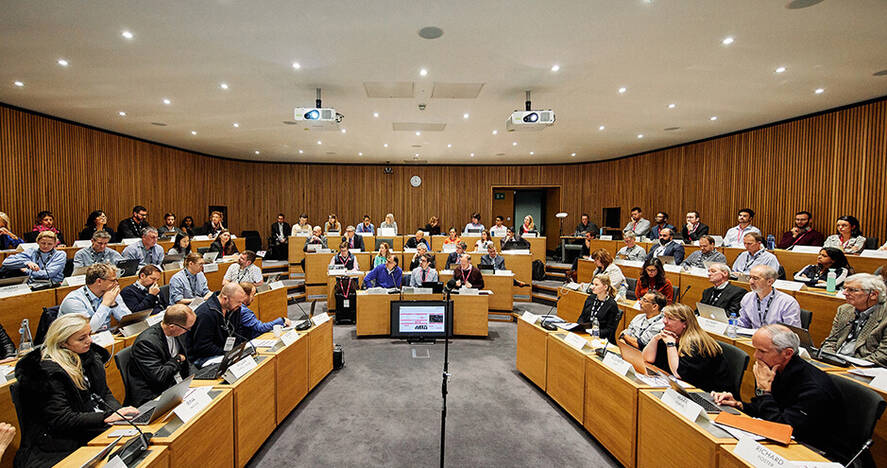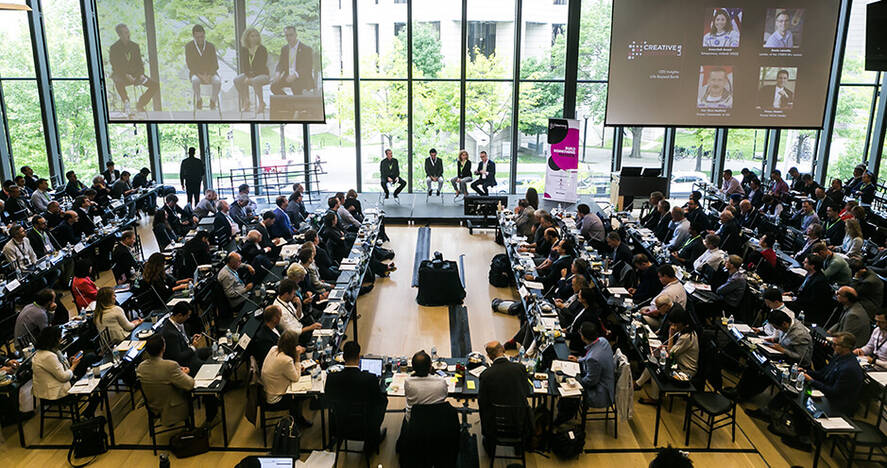CDL-Paris Launches Search for Deep Tech Startups
In April, HEC Paris began its drive to recruit 25 climate-focused

© Creative Destruction Lab
What do Backrub, later known as Google, and Arm plc have in common? Both tech companies were born in research laboratories of universities, the former in Stanford University, the latter at Cambridge University. Such phenomenal commercial and technological successes have persuaded the team behind Creative Destruction Lab (CDL) that there is plenty more where that came from. For the past eight years, the Canadian nonprofit organization has been tapping into the huge potential of the world’s top universities allying themselves with deep tech engineers and scientists.
The idea germinated back in 2012 when Rotman University Professor Ajay Agrawal decided to try to answer one basic question: why is it harder to build startups outside of Silicon Valley? The answer that kept coming up? A failure in the market for high-quality judgment. “Engineers have deep expertise in their technical domain, but lack business judgment,” explains the founder of CDL, working out of
$5.9 Billion in Equity
Eight years on, and
CDL’s triumphs speak for themselves. The organization has helped successfully commercialize cutting-edge science and technology companies that has created almost $
Climate Stream
The equation change-maker consists of five eight-week sprints geared to transform deep tech startups into financeable and scalable companies. This is accomplished thanks to the committed mentorship of top entrepreneurs in the field, hands-on guidance from world-leading scientists and economists, advice from some of the world’s best business students, and unique access to business angels and VCs to raise capital. This chemistry is distilled into five intense one-day sessions followed by the do-or-die sprints.
Each university has a regional focus. CDL-Paris’ zone is continental Europe and Africa.
Scaling Mountains
Indeed, the first cohort will focus on the challenges posed by switching from a polluting economy to a cleaner economy. “We are seeking startup founders with deep tech abilities that can transform the economy,” continues Åstebro. “Startups in line with HEC philosophy will be screened between now and end-August and the list of high-potential participants will be announced a month later.”
The first session kickstarts on October 27 in Paris. Sofia Hmich is convinced it will tap into France’s long tradition world-renowned science research. The founder of Future Positive Capital is one of the pioneering partners of CDL-Paris: “CDL delivers what these science-driven companies truly need: experience-based and actionable guidance to accelerate the go-to-market.” To reach the final Toronto sprint in June 2021, the 25
Read also:
- "Creative Destruction Lab Expands Seed-stage Program to Paris" (press release - Nov. 2019)
- "HEC Paris’ Creative Destruction Lab launches CDL Climate" (press release - June 2020)


